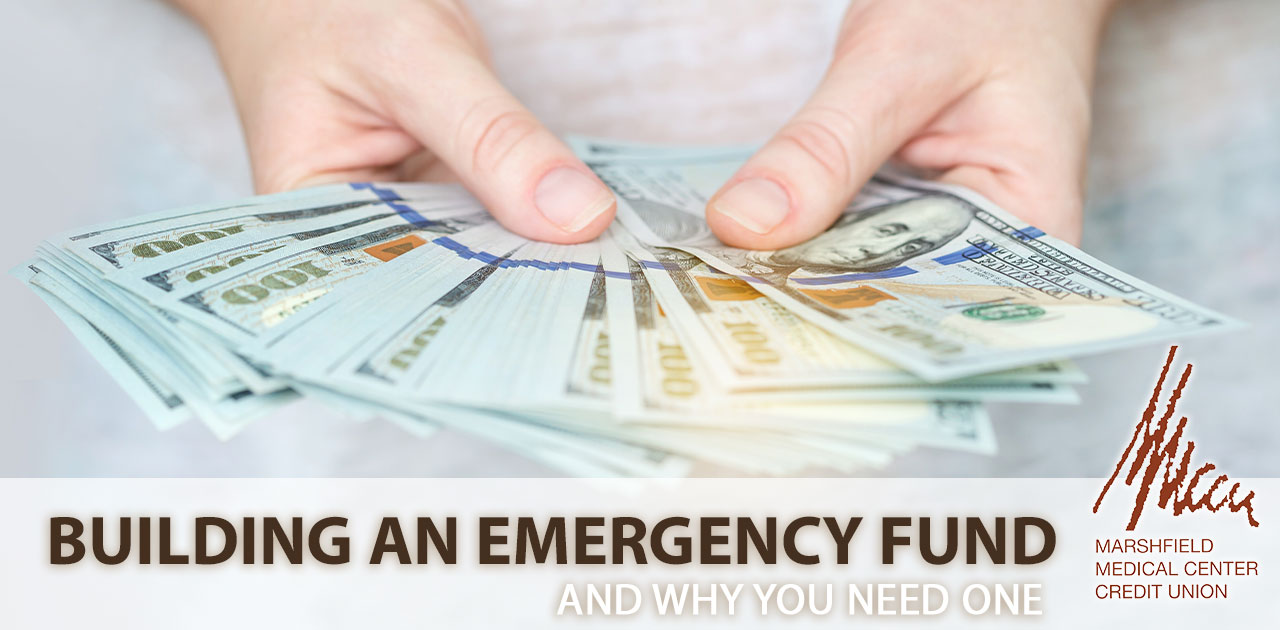An emergency fund is a financial safety net that can help you weather unexpected expenses or a sudden loss of income. Having an emergency fund can provide peace of mind and help you avoid financial hardship during difficult times. In this blog, we’ll explore what an emergency fund is, why you need one, and tips for building an emergency fund and maintaining it.
What is an emergency fund? An emergency fund is a pool of money set aside to cover unexpected expenses or income loss. This can include things like car repairs, medical bills, job loss, or a sudden change in living circumstances. The goal of an emergency fund is to have enough money saved to cover several months’ worth of expenses, allowing you to focus on finding a new job or dealing with an unexpected expense without worrying about how you’ll pay for it.
Why do you need an emergency fund? Having an emergency fund can provide financial security and peace of mind during times of uncertainty. It can help you avoid going into debt or relying on credit cards to cover unexpected expenses, which can save you money on interest and fees. In addition, having an emergency fund can help you avoid making impulsive financial decisions during times of stress.
How to build and maintain an emergency fund? Building an emergency fund takes time and discipline, but the peace of mind it provides is worth the effort. Here are some steps to help you build and maintain an emergency fund:
- Set a goal: Determine how much money you need to save to cover several months’ worth of expenses. This amount will vary depending on your financial situation, but a good rule of thumb is to aim for 3-6 months’ worth of expenses.
- Start small: Building an emergency fund can feel overwhelming, but it’s important to start somewhere. Set a small goal, like saving $500, and work your way up from there.
- Automate your savings: Set up automatic transfers from your checking account to your emergency fund each month. This will help you build your savings without having to think about it.
- Cut expenses: Look for ways to cut expenses and redirect that money into your emergency fund. This could include things like eating out less or canceling subscription services.
- Use windfalls wisely: If you receive a bonus or tax refund, consider putting that money into your emergency fund instead of spending it.
- Keep it separate: Keep your emergency fund in a separate savings account from your other funds to avoid the temptation to spend it on non-emergency expenses.
- Replenish as needed: If you have to dip into your emergency fund, make a plan to replenish it as soon as possible.
An emergency fund is an important part of a healthy financial plan. Building and maintaining an emergency fund takes time and discipline, but the peace of mind it provides during uncertain times is worth the effort. Start small, automate your savings, and make it a priority to build and maintain your emergency fund over time. Contact MMCCU to get started! Ask about our high-interest checking accounts.


